Referred to as the “director who gives you the space to play”, Vinod Bharathan is most inclined towards cinema that lets him stay independent.
Ever since the filmmaking bug got me, I have been keen on people and stories that unfold through that contact. When I am in public, I try to observe, listen and analyse the context, people’s actions, the motivations and the moral impact of their existence as part of the society. I keep my phone away.
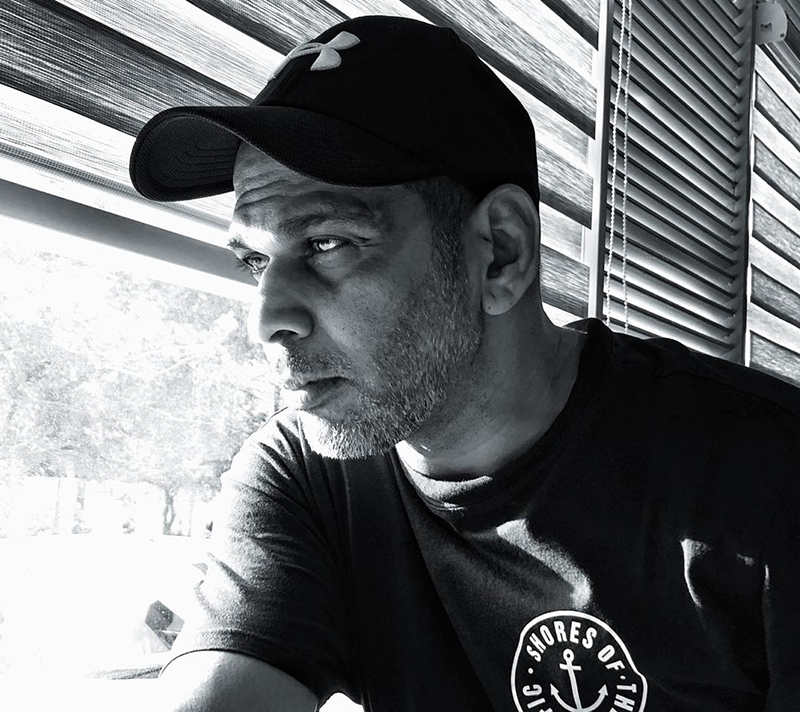
How did your journey in the art world begin?
I always had a feeling that I had some kind of artistic talent, but growing up in a middle class family in the ’80s and ’90s you don’t get many opportunities to experiment. Neither was the Internet around then. I had won awards for painting during my school and college days, but that was easily forgotten in the rush to become the next doctor or IT expert.
As far as film-making was concerned, it was kind of accidental as I never watched films nor did my parents gift me with a camera, as it is for many filmmakers. It was in Copenhagen, while working for a logistics company, that I spent some disposable income on a Sanyo Xatchi handy camera. I filmed the behind the scenes of a boring conference where people were yawning and doing odd things to kill the boredom of the conference. The film I made was a hit at the office, and it was my boss who noticed my “talent” and asked me to work on it. I too was yearning to do something creative. So I told my wife that I wanted to give filmmaking a try. She said that I would have to enrol in a film school if I was serious, and so I did. After graduating from the Copenhagen Media School, I wanted to join the National Film School of Denmark that has produced directors like Lars Von Trier, Thomas Vinterberg and Susanne Bier, who is an Oscar winner. I couldn’t afford the stipend I had to pay because I was not a Danish citizen. So I ended up starting my own production company and started making short films.
How do you describe yourself in the context of challenging people’s perspectives via your work?
The objectives behind filmmaking are very different in the two parts of the world I have made films in. In the west, I could experiment with avant garde styles and there were absolutely no restrictions on what I wish to put out. I noticed that people automatically switched goggles to suit the content. But when I started filmmaking India, I realised that freedom didn’t exist here. I did enjoy the process of filmmaking despite this lack of openness. I then thought that I would sweat out all the things that I didn’t agree with – the society, the ethics, the practices, the experiences and the lessons learnt while and whenever I am in India – and turn it into films, making sure it does not become preachy, but feels like something to consider.
Let’s talk about the evolution of your practice over the years.
The first ever camera I laid hands upon was a probably on a Nokia phone, with a resolution that cannot even be mentioned here without having someone fainting in the room. But technology has also advanced and made it easier for the common man to recreate a look that challenges even the most expensive cameras. The conventional method of viewing has also changed vastly from the old days where the cinema theatre or the television was the only option. I was on a long distance passenger train the other day and noticed that almost all the passengers in my compartment were watching movies, videos and news in the palm of their hands.
What inspires you? Take us through your process and continuous frameworks of reference.
Ever since the filmmaking bug got me, I have been keen on people and stories that unfold through that contact. When I am in public, I try to observe, listen and analyse the context, people’s actions, the motivations and the moral impact of their existence as part of the society. I keep my phone away. While at home consuming media, I’m always looking for methods and ways of narration that grip me. Cinema is a language and you can only get better at it by listening to the newer ways it’s being told.
Lets talk about your career, or if you prefer your artistic journey. What were your biggest lessons and hurdles? Which is the most memorable moment?
Every step is a learning step in the process of building up a career, which I still haven’t completely achieved. Every hurdle is noted in the “what not to do” archives. There have been tons of memorable moments and that’s probably why I’m still on the chase.
How do you balance art and life?
On the home front, I have become clearer on when to dedicate time for what and try not to let it overlap with anything else. But on the commercial versus creative aspect of the project I do, I have noticed that people have a general idea about what kind of content I’m known to create. Often times, I do see people pitching the commercial requirement of a project, and I agree to it if it doesn’t go beyond the limits of my creative purpose. As far as job satisfaction is concerned, when you have agreed to a project then there is no turning back to judge the intent. To make the final output that makes everyone involved happy is my focus.
You mentioned that you are in the pre-production phase of your next film. How do you deal with the conceptual difficulty and uncertainty of creating new work?
Like I mentioned before, people get to know me already on or even before the pitch phase. So, it is most likely that only someone on my wavelength would approach me. Most of the time, we mutually get the feeling if we are in sync or not. Money is then the defining factor or the next major hurdle in the process. I haven’t had the chance to prove myself at the box-office. And until then, the budget will remain the biggest hurdle in my process.

Vinod with founder of Bolex Digital at Firefox party at Cannes.
How does the world react to your work?
I once had a UK-based film magazine review my first feature Karma Cartel, where the reviewer wrote, “Karma Cartel is a highly interesting film, made by an articulate and developing student of the game and it has a virulent strain of Tarantino (among many others) in its bloodstream.” Even though I don’t see Tarantino as study material I was flattered by that comparison.
What are you looking for when you look at other artists’ work? Which film, score, performances have shaped your creative process? Who are your maestros? Whose journey would you want to read about?
I started off as an independent filmmaker. So, any film that teaches me to remain independent has always been studied over and over again. For example, two of the films that gave me the courage to make my first feature were The Celebration by Thomas Vinterberg, which in Danish is called Festen, film and Clerks by Kevin Smith. I was highly inspired by the cinematography of The celebration, which was done by Anthony Dod Mantle, who won the Oscar for Slumdog Millionaire. He shot the entire film with DV cam. I also loved the witty dialogues of Clerks by Kevin Smith. Watching Amour by Michael Heneke at Cannes was pure catharsis. The films I watched while in film school were also what formed my craft.
You have spent time amongst artists in flow. What have you observed?
I was actually amazed by the kind of output that can be delivered if given the space to own the material or improvise on it. I observed this the first time I made my short film with Vinay Forrt and also in many other cases. I do not want to comment on the norms of traditional filmmaking methods practiced in the industry, but I’m often referred to as “the director who gives you space to play”
What is that one thing you wished people would ask you but never do?
There is no question that I exist to make films, and the only three words I would love to hear are, “Let’s do this”.
What are you working on now? What’s coming next season?
I came to India in October 2019 to Kochi to make my third feature film. The film entitled Karma Cafe was planned to be a comedy based on a cafe owner and the people visiting the cafe. But as I was ready to shoot the film independently, I was referred to a new production company fronted by a heavy weight star in the Malayalam film industry. Negotiations related to the casting and the teams are on, as this would be a commercial venture if produced by their help. We should see the film on screens by early 2020.
You might also like to read alternative film Director Vasant Nath‘s interview:
But ultimately, following a much broader, much much more far-reaching timeline of ones own, which an inner compass is leading you towards, something which lies beyond the horizon still, at all times.
Director Vasant Nath




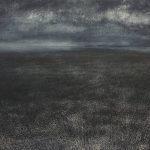



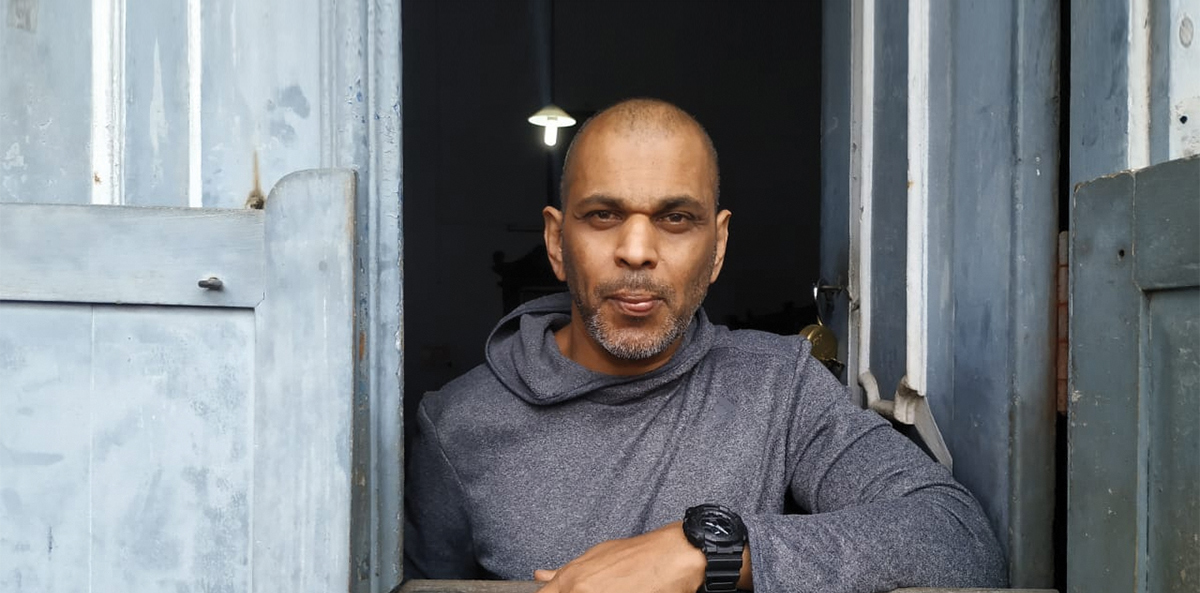
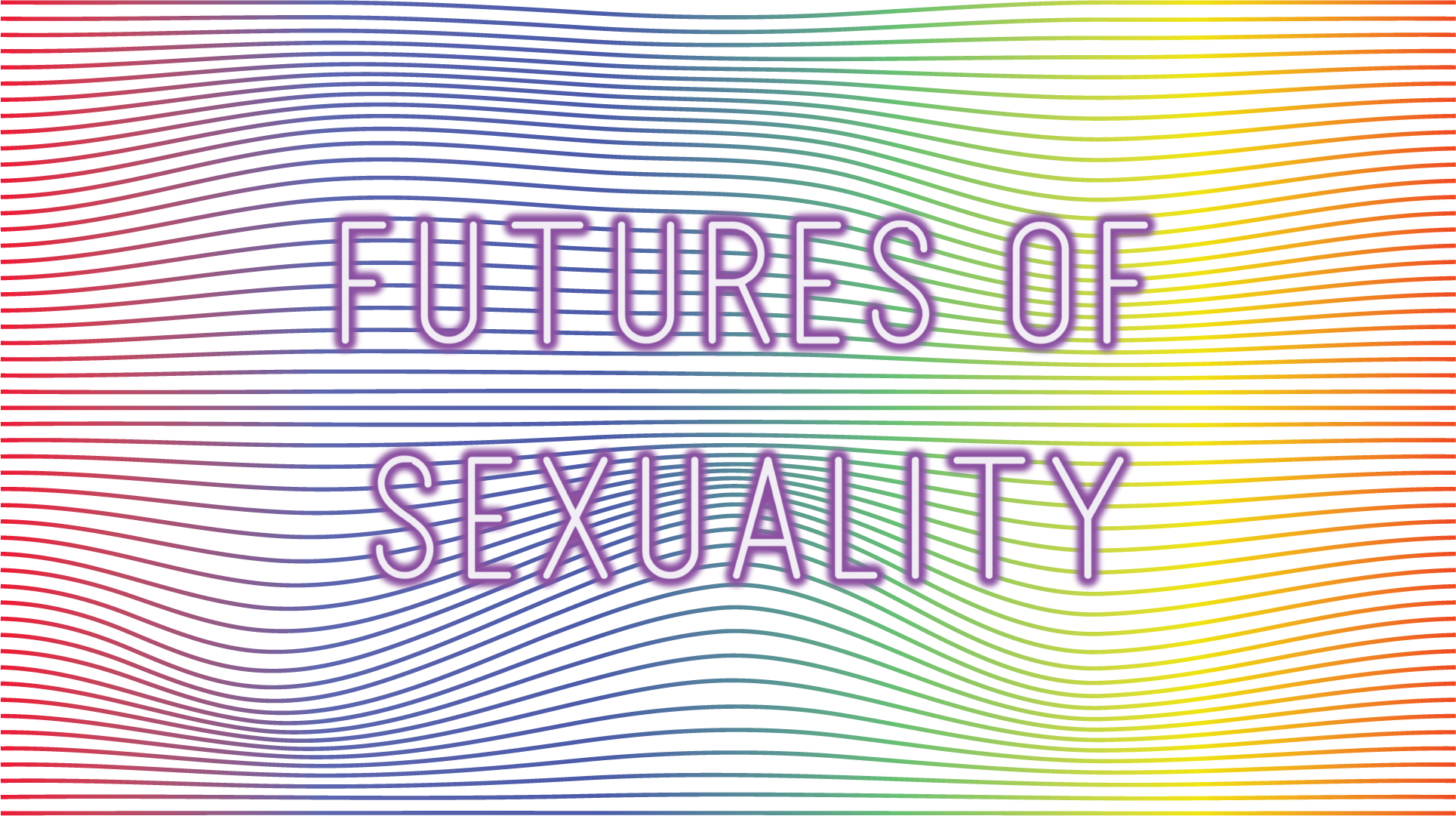
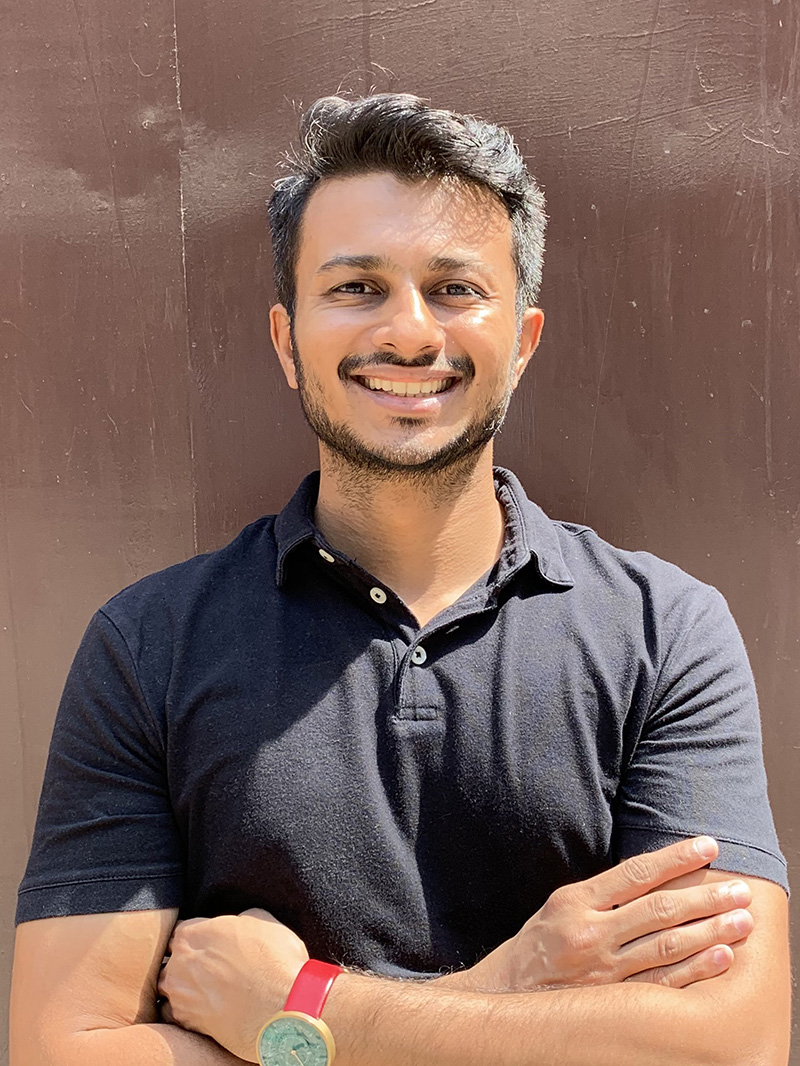

[…] might also like to read alternative film Director Vinod Bharathan‘s interview: […]